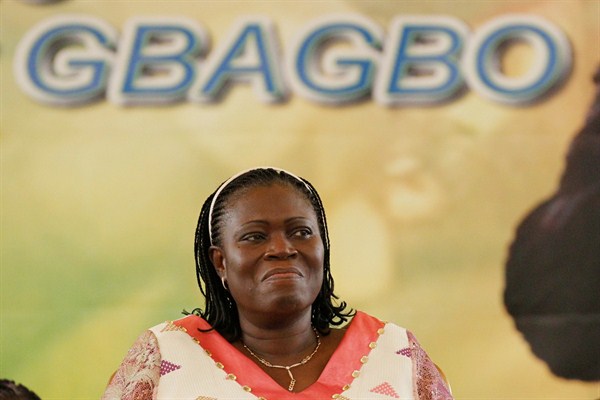In the immediate aftermath of Cote d’Ivoire’s 2011 post-election conflict, as soldiers were still trying to impose order and Red Cross workers were clearing dead bodies from the streets of Abidjan, President Alassane Ouattara vowed to hold those responsible for the violence to account. “There can be no reconciliation without justice,” he said. “All Ivorians are equal before the law. We will fight impunity.”
It was a message he would return to again and again—including four years later, when he was preparing to run for a second term. “Everyone responsible for atrocities will be tried,” he said in April 2015. “I find it unacceptable that people who killed, who burned people to death, or who raped women, continue to behave as if they are angels, as if they did nothing wrong.”
But despite this consistent messaging, from the beginning there have been signs that Ivorians should not take the president at his word. The conflict, which erupted after Ouattara’s predecessor, Laurent Gbagbo, refused to accept defeat in the 2010 election, involved well-documented human rights abuses on both sides. Yet with rare exceptions, Ivorian prosecutors have only pursued Gbagbo supporters. Justice for all has seemed to mean, in practice, justice for the winners.

